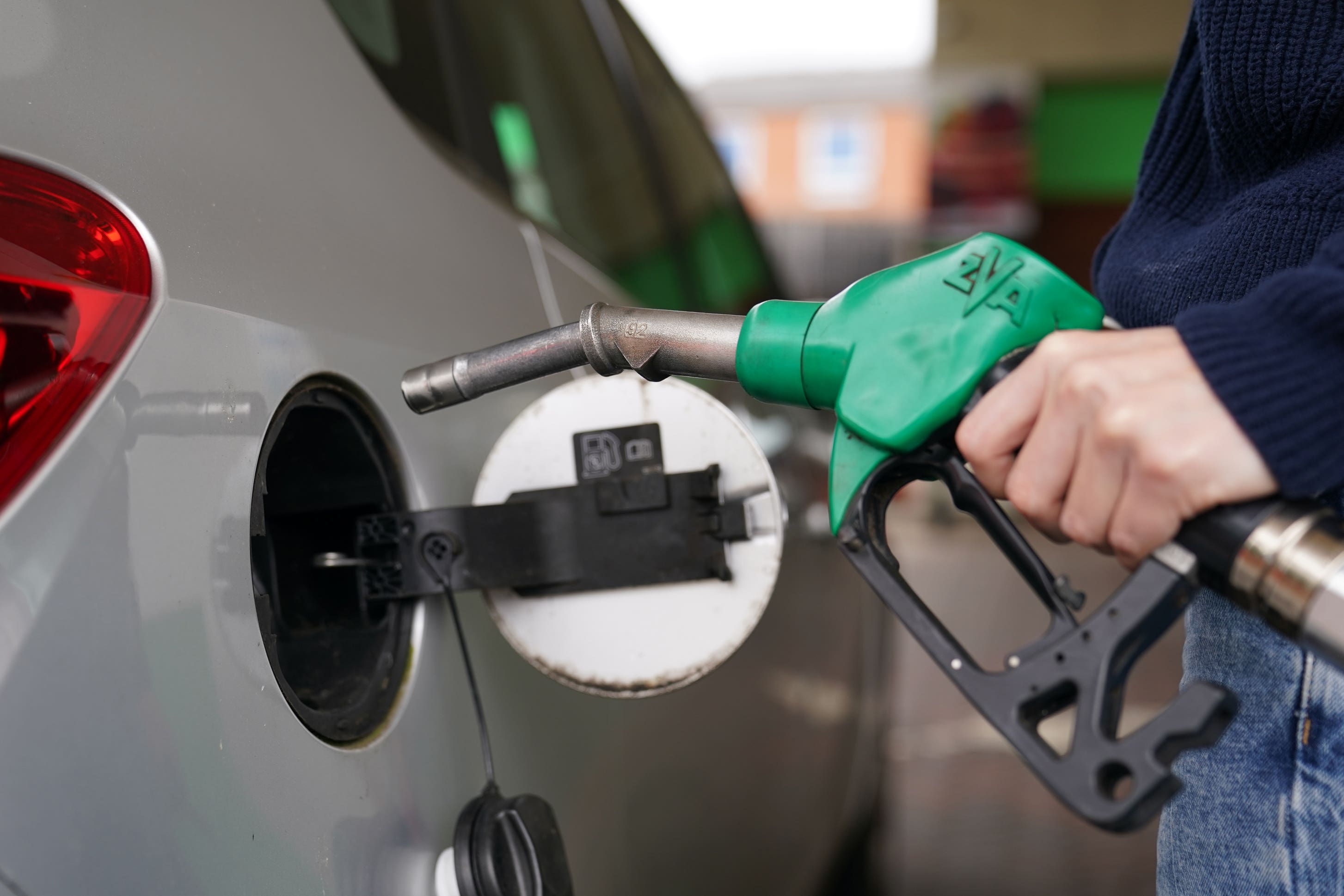ARTICLE AD BOX
At least £6.5m of fuel has been stolen in more than 130,000 drive-offs at petrol station forecourts over the past five years, new figures suggest.
Despite senior police figures warning that such offences “can be linked to serious organised crime groups”, a new investigation suggests that an average of 86 per cent of cases are dropped without a suspect being identified.
Analysis of police data obtained via the Freedom of Information Act shows there have been an average of 505 incidents every week of cars driving off without paying at petrol forecourts across England and Wales over the past five years.
That rose to a peak of 635 per week in 2022, equating to more than 33,000 such thefts that year, when fuel prices spiked to record highs. The statistics were obtained from 33 out of the UK’s 45 police forces, which shared their data with the outlet Forecourt Trader.

The outlet estimated that an average of £49 of fuel is stolen in each incident, which is considerably below the cost of a full tank. This figure was calculated using data from the five police forces which consistently recorded the value of fuel stolen.
In London, the Metropolitan Police has recorded more than 15,000 reports of “making off without payment” incidents since 2020, costing an estimated total of more than £787,000.
West Yorkshire saw more than 8,700 incidents reported, costing an estimated £438,000, while Greater Manchester Police recorded nearly 14,000 offences at an estimated value of £697,000.
“Retailers despair at the lack of action being taken over this issue, which may explain why our data only scratches the surface, as many forecourt managers don’t bother reporting fuel theft as they know from bitter experience that nothing is likely to be done,” said Hugo Griffiths, the reporter who conducted the investigation.
This is “despite the fact that petrol stations usually have crystal-clear ANPR data and CCTV footage of such incidents just sitting there, waiting to be reviewed by officers”, Mr Griffiths wrote in a comment piece.
He also pointed to data from the security firm Vars Technology, which suggests some 13 per cent of all such incidents involved cars fitted with cloned or fake number plates, or with no registered keeper, which Mr Griffiths said indicates “not just premeditation, but suggests links to more serious crime”.
The Association of Police and Crime Commissioners told the Forecourt Trader that drive-offs at forecourts “can be linked to other serious organised criminality”, warning that police should not “be complacent about these crimes because they are not victimless or low-level, as is sometimes suggested”.
A National Police Chiefs’ Council spokesperson said: “Forces have regular interactions with commercial providers and organisations, including petrol stations, about the security of their sites and continue to work with them to make it harder for criminals to commit this type of offence.
“In some cases, there may not be enough intelligence or data for police to act on. This does not mean that a crime is closed indefinitely or that intelligence or information is ignored. Intelligence is vital in detecting organised criminality, and we would encourage anyone who suspects criminality in their community to report it to police, including theft.”









 English (US) ·
English (US) ·